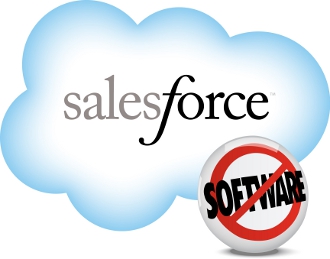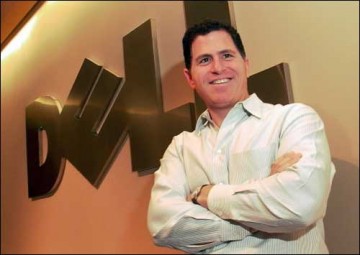 ConvergeOne has written a cheque for $300 million for networking Strategic Products and Services (SPS). outfit
ConvergeOne has written a cheque for $300 million for networking Strategic Products and Services (SPS). outfit
The move makes ConvergeOne into the ranks of billion-dollar solution providers. John McKenna, ConvergeOne’s chairman and CEO said that the acquisition advances the company’s strategy to continue to grow ConvergeOne’s managed services and cloud solutions.
“With this acquisition, ConvergeOne gains scale, portfolio expansion with a growing video solution, additional managed services, and technical resources backed by decades of experience and certified expertise,” he said.
SPS had been owned by private equity outfit Court Square Capital Partners since September 2011. As part of Clearlake Capital-owned ConvergeOne, the company will now go to market as SPS, a ConvergeOne Company.
The 800-person SPS practice will be led by John Lyons, president and CEO of ConvergeOne’s Avaya-focused Enterprise division, Clark said. The current SPS CEO, Ed Nalbandian, will be leaving the company. Nalbandian joined SPS in September 2016 as its COO and was promoted to the CEO role just four months ago.
SPS’s Avaya and Cisco practices will provide ConvergeOne with much more scale as it relates to technical expertise, professional services and managed services around those vendors. The company has hundreds of engineers and tons of certifications focused on those vendors.
Cisco and Avaya together comprise approximately 60 percent of ConvergeOne’s total product sales, Moody’s Investors Services wrote in May 2017. Similarly, SPS is a Platinum Avaya Partner, a Premier Cisco partner, and a Microsoft Gold Communications partner, according to the company’s website.
Both companies focus primarily on medium and large enterprises, Clark said, and derive a large percentage of their revenue from professional, managed and cloud services. SPS holds more than 3,000 technical certifications, Clark said, and the company combined will enjoy relationships with roughly 300 IT vendors.
ConvergeOne has grown its headcount over the past two nearly by nearly 25 percent – or 150 workers – to a staff size of 800, according to LinkedIn. The company just last month bought Cisco Gold Certified Partner Annese & Associates, No. 226 on the 2017 CRN SP 500, to boost its public cloud capabilities. SPS, meanwhile, has gone through a lot of executive transition recently, with Tom Praschak holding the
CEO role for just 11 months before leaving the company in November 2016 and becoming interim CEO at Harrisburg, Pa.-based Essintial Enterprise Solutions. Following Praschak’s departure, former SPS CEO Tom Poole filled in on a temporary basis until Nalbandian’s April 2017 promotion.
Like SPS, ConvergeOne has made some acquisitions in recent years. The company purchased managed services and collaboration provider Spanlink in October 2014 and cloud computing and data analytics firm SIGMAnet, No. 131 on the 2015 CRN SP 500, in December 2015.
 While it was supposed to encourage small suppliers to bid for government contracts, bigger suppliers still managed to snaffle more than half of the G-Cloud contracts.
While it was supposed to encourage small suppliers to bid for government contracts, bigger suppliers still managed to snaffle more than half of the G-Cloud contracts.


















